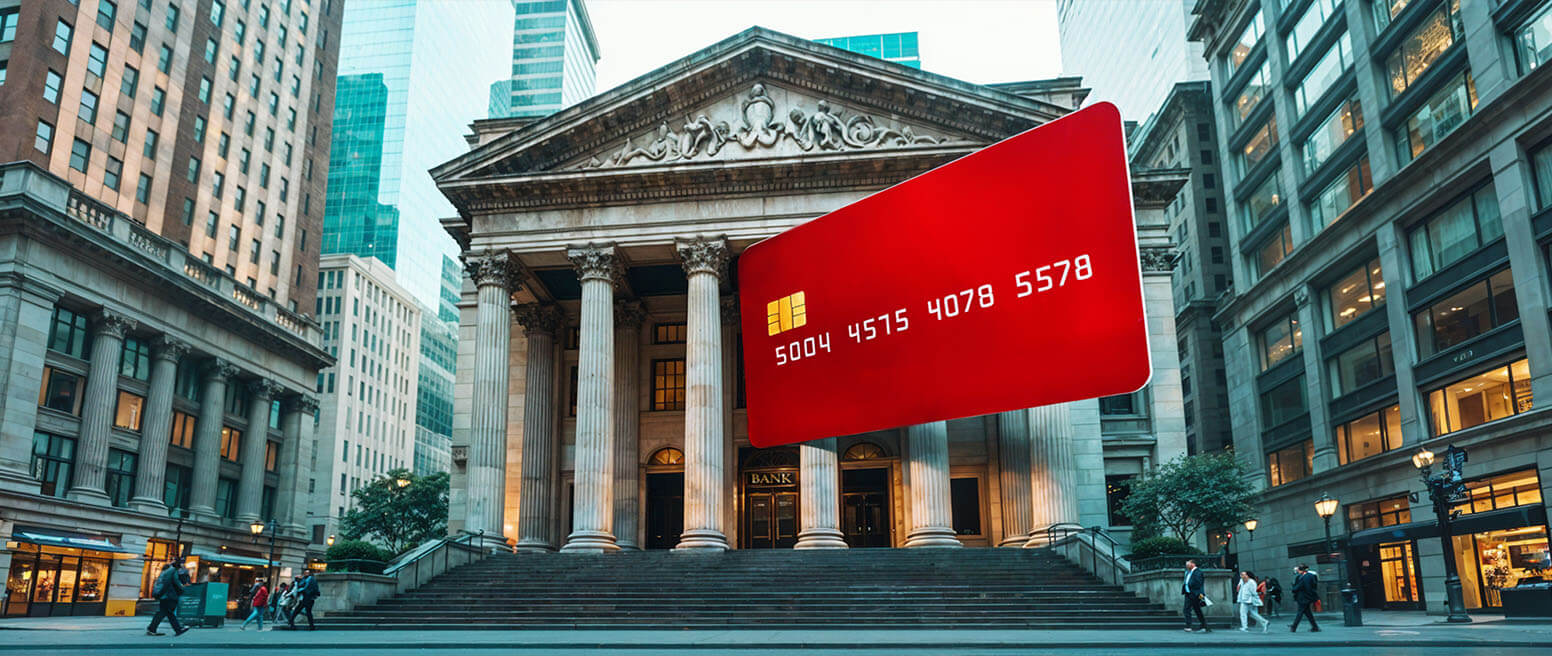Sales Sans Crypto Regulation: Transparency Without Protection?
Back in November, the cryptocurrency exchange FTX, recently valued at $32 billion, declared bankruptcy. The company's founder, Sam Bankman-Fried, was eventually arrested and is now set to face an assortment of criminal and civil charges for what the new, court-appointed FTX CEO John Ray says was “old-fashioned embezzlement.”
Customers who had invested in FTX may not recover their assets due to the lack of post-transaction protection in cryptocurrency, causing many to file lawsuits against the company, as well as many celebrities and athletes who endorsed their services.
The full impact of FTX’s collapse, the largest cryptocurrency failure in the industry’s brief existence, will take some time to come to light. It’s clear that, while blockchain technology allows for transparency between transactions, the stability and security of cryptocurrency has a long way to go before financial institutions can commit to investing and dealing in digital assets.
Recommended reading
- Best Credit Card Processing Companies of 2025 REVEALED
- Why is My Bank Account is Under Investigation?
- Issuer Declines: 7 Reasons They Happen & How to Fix Them
- What is an Issuing Bank? The Issuer's Role in Payments
- What is an Acquiring Bank? The Acquirer's Role in Payments
- How Debit Payment Processing Works: Costs, Rules, & More
Consumer Confidence is Key
In early January, a joint release was issued by the Federal Reserve, the Federal Deposit Insurance Corporation (FDIC), and the Office of the Comptroller of the Currency. In the statement, the agencies made clear to financial institutions that dealing with cryptocurrency exposes them to an array of risks, including scams and frauds.
It was a timely warning. Until the FTX debacle became public knowledge, cryptocurrency was being touted not only as a safe investment, but as a financial system so stable that it might replace credit cards for widespread consumer use. Recent events have made it clear that this that won’t happen anytime soon. And, if post-transaction protections aren’t implemented soon, it may never happen at all.
In order for a payment method to scale and grow, the buyer needs to have some level of security and consumer protection. That’s the biggest competitive advantage that credit cards offer.
When people buy online, they predominantly do it with a card. They know that, in case of a dispute with the merchant, they can ask the issuing financial company for a chargeback. That same level of protection, regulation and consumer confidence is needed if the goal of cryptocurrency evangelists is to see alt-payments become the go-to option.
This is a bit of a catch-22, of course. For many, the primary appeal of crypto payments is the absence of regulation and centralization. The turbulence is a feature, not a bug. But, what serves as a selling point for many is the very same quality that is keeping cryptocurrency from wider adoption.
Looking Ahead
What does this all say about the future role of cryptocurrency in the general economy?
It seems likely that the FTX bankruptcy, and the alleged crimes associated with the exchange, will give government regulators a reason to tighten the rules around crypto companies. We may see stronger protections and centralized full control from appropriate government agencies. Security and stability must be achieved before the general public and financial institutions begin to see crypto payments as a preferred medium of exchange.
According to consumer advice given by the Federal Exchange Commission, cryptocurrency payments are non-reversible. There’s no centralized party or authority, meaning once you pay with crypto, you can only get your money back if the merchant chooses to send it back.
One might argue this is a reason for consumers to do their due diligence when researching a merchant with whom they’re looking to transact. However, contemporary fraudsters are sly, and have found many different ways to feign legitimacy that can fool even the most cautious buyers. They can manufacture Google reviews, fake customer testimonials, and even create dummy sites that perfectly replicate legitimate merchants. Whatever deceptive tactics are used, there needs to be assurance for consumers that they can get their money back if they’ve been misled or outright scammed.
Merchants are On Their Own (for Now)
Blockchain technology significantly reduces the risk of identity theft and third-party fraud. However, digital transactions will need to have post-purchase protections. A dispute process of some kind, allowing buyers to recover funds lost due to fraud or abuse, will likely be necessary. This will help protect consumers from fraudulent merchants and deceptive selling practices and, in turn, build consumer confidence in crypto payments.
Are you considering accepting alternative payments like cryptocurrency? If so, having a clear-cut and easy-to-navigate return policy for consumers buying with crypto can be a competitive advantage. This will give potential customers the much-needed confidence that seems to be lacking in the digital asset space.
Broader change is needed throughout the industry to secure crypto payments. In the meantime, though, merchants hoping to experiment with alternative payment methods should take action to try and bolster consumer confidence wherever possible.













